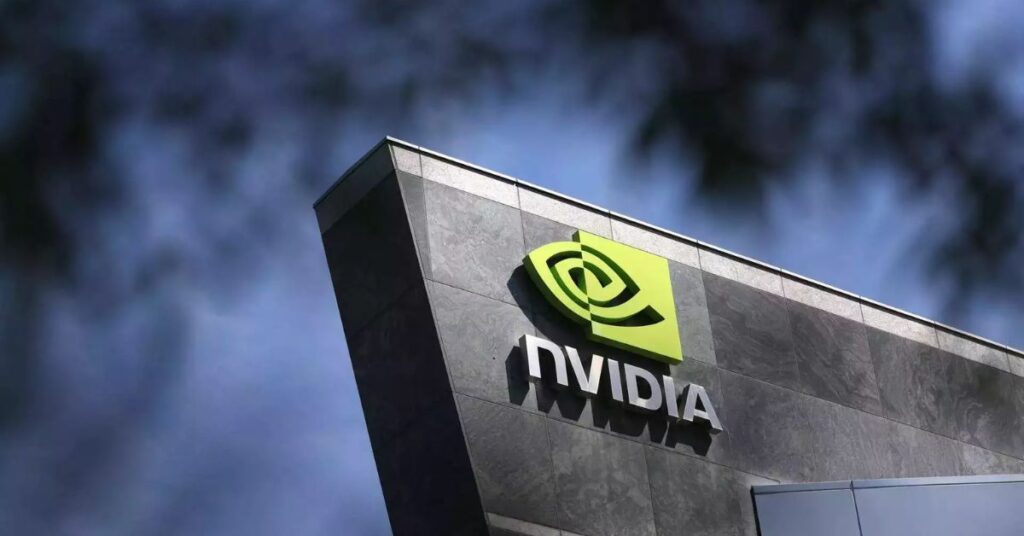The United States is making it harder for China to get advanced artificial intelligence (AI) chips. This might help Huawei, a Chinese tech company, to grow in its $7 billion home market because it could push Nvidia, a leading AI chip provider, to step back.
Nvidia has been the top supplier of AI chips in China, with more than 90% of the market. However, Chinese companies, including Huawei, have been working on their own versions of Nvidia’s popular chips like the A100 and the H100 graphics processing units (GPUs).
Huawei’s Ascend AI chips are similar to Nvidia’s in terms of raw computing power, but they are not as good in terms of performance. Some experts and AI companies in China, like iFlyTek, say this.

Jiang Yifan, a market analyst, thinks that these U.S. restrictions could be a big opportunity for Huawei. However, there are some challenges. Many advanced AI projects use a programming system called CUDA, which Nvidia developed. This system has led to a big global network that can train complex AI models. Huawei’s version, called CANN, is not as capable, so it’s not a straightforward replacement for Nvidia.
To win over Chinese customers from Nvidia, Huawei needs to build a similar ecosystem and help clients move their data and models to Huawei’s platform. There’s also the issue of intellectual property rights because many U.S. companies have important patents for GPUs.
If Huawei manages to take Nvidia’s market share, it could be seen as a win against the United States, which has put export restrictions on Huawei since 2019.
Huawei has been pushing back against these restrictions by developing its own technology, like smartphone chips and chip design tools. It also wants to be a major provider of computing power for AI.
Huawei’s partners in China include iFlyTek, a top Chinese AI software company, which uses Huawei’s chips to train its AI models. Other partners include state-owned software companies like Tsinghua Tongfang and Digital China.
Some experts believe that while Nvidia has a strong ecosystem, it’s not impossible for domestic Chinese companies to compete if they have enough time and customers. China’s push for self-sufficiency, supported by its President Xi Jinping, might help with this.
In summary, U.S. restrictions on AI chip exports to China could give Huawei a chance to grow in its home market, but there are challenges to overcome. It’s an opportunity for Huawei to compete with Nvidia in the Chinese AI chip market.
